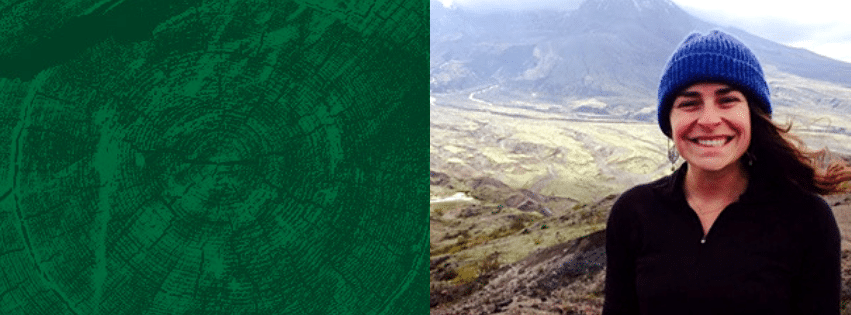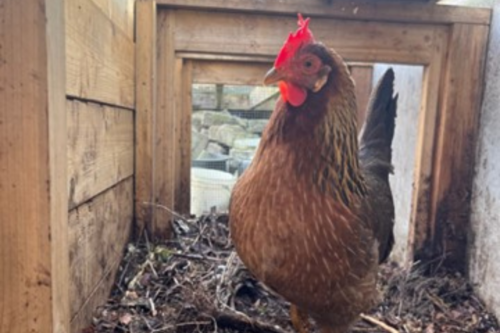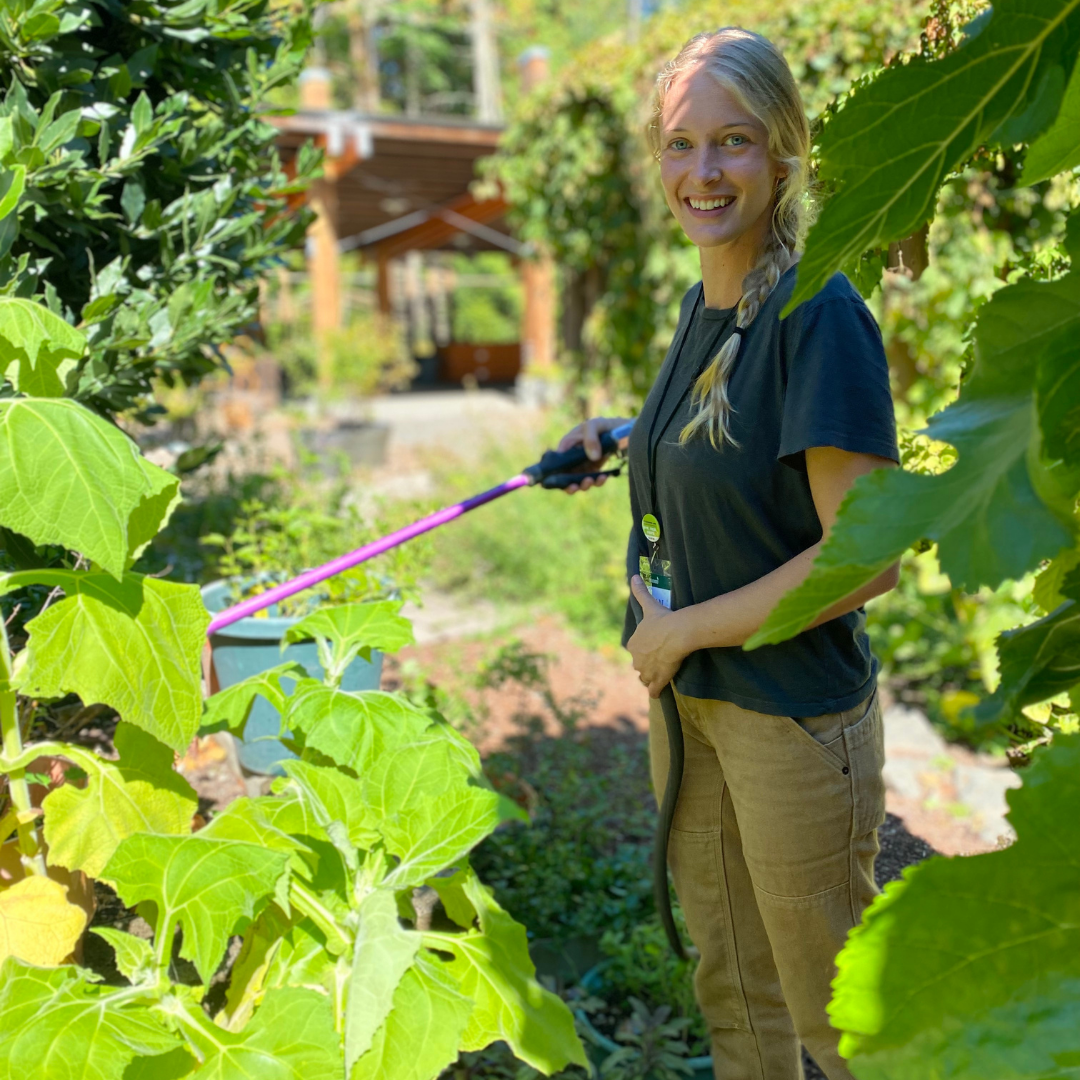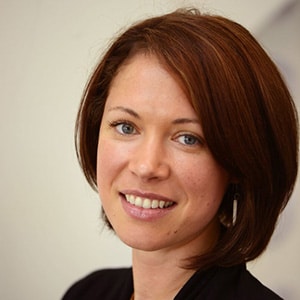February brings a new chapter to the IslandWood garden!
Kacy is an alum of IslandWood’s Graduate Program in Education for Environment and Community (EEC) and today teaches 3rd grade in Seattle Public Schools at TOPS K-8.
How did your IslandWood experience lead you to your current job?
After IslandWood, I went to the University of Washington Master’s in Teaching program where I earned my K-6 teaching credential. IslandWood was a stepping stone that allowed me to explore my teaching philosophy. I believe that in order to engage a learner’s brain, their hands also need to be engaged. IslandWood helped give me the confidence and skills necessary to bring experiential learning into a public school setting.
During my last quarter at IslandWood, I took a class with Karen Salsbury called School Gardens which helped me think critically about integrating subjects in order to show students that everything is connected. My students and I use a garden to explore plants from different regions, the science of pollination, explore our senses, and to discuss issues such as overharvesting, colony collapse disorder, and pollution. These topics are integrated with Math, Science, Reading, Writing, and Social Studies.
How else are you using what you learned in the EEC program in your career today?
The professors and mentors at IslandWood modeled a strength-based and student-centered approach to teaching and learning. This is a lens that I apply to my classroom everyday. At IslandWood we asked student-centered questions such as, “What is the student’s strength and how can we help them develop that strength?” or “What are the students curious about? How can I help tap into their curiosity on a particular topic?” Teaching is incredibly challenging work but this lens helps me stay positive, focused, and productive.
At IslandWood I made connections with other wonderful educators. We support one another to develop creative curriculum, think about behavior management, and share learning opportunities and grants. I still use the IslandWood resources when planning and developing new curriculum.
Do you have any advice for current grad students, since you’ve been in their shoes?
There are so many opportunities to approach environmental education within the public school system. There are many schools that are doing incredible environmental and experiential work on tight budgets: seek them out and ask around to find them. I encourage current grads to think about teaching within public schools to ensure that all students have opportunities to learn about the outdoors at school!
What is your advice for someone considering IslandWood’s Master’s programs?
I ask my third grade students and student’s parents at the beginning of the year to think about how they want to feel, what they want to do, and what they know to know by the end of the year. As a graduate student it is important to reflect on your desired outcomes for the program as well. Once you have asked yourself those questions, talk to current or past alumni. Your experience at IslandWood is based upon what you want to get out of the program and the energy and work you put in!
Kacy was chosen to be a 2017 Grosvenor Teacher Fellow, a program sponsored by National Geographic and Lindblad Expeditions. This summer she traveled on an expedition to Alaska, exploring the region and finding ways to connect the ecosystems and culture to her classroom in Seattle.
Read more about Kacy in this UW College of Education blog profile piece.
Please note that this post was last updated on 3/3/2018. Some details, including job title or place of employment, may have changed since then.










